DHAKA, June 25 (V7N) – Tarique Rahman, Acting Chairman of the Bangladesh Nationalist Party (BNP), today issued a strong condemnation of what he termed the "Awami fascist regime," asserting that Bangladesh was transformed into a "totalitarian state" during its tenure. His comments came in a message on the eve of the UN International Day in Support of Victims of Torture.
Rahman emphasized the profound significance of the international day, particularly in Bangladesh's context. He claimed that despite post-World War II independence for many nations, violence and conflict persist globally, with "bloodthirstiness" causing widespread killings, injuries, and maiming. He accused autocratic regimes in various countries of carrying out "terrible repression and oppression against their opponents with boundless anger," putting citizens' lives and property at severe risk.
The BNP acting chairman alleged that under such dictatorships, individuals with opposing views face "indescribable imprisonment in false cases, including disappearances and murders." He specifically targeted the "terrible Awami fascist misrule," which he claimed had "imprisoned democracy" for "almost 16 years" in Bangladesh.
During this period, Rahman asserted, "all kinds of civil liberties, including freedom of expression, were taken away." He further claimed that "freedom of the press was chained by various old laws" and that "the symbol of democracy of this country, BNP Chairperson Begum Khaleda Zia, was unjustly sentenced and imprisoned in false cases." He accused the "barbaric Awami government" of "mercilessly obstruct[ing] the proper treatment of the dying national leader," leaving the "entire country... speechless, bound in fear and apprehension."
Rahman also alleged that whenever the BNP protested the "undemocratic and intolerant behavior" of the "fascist government," pro-Awami League "thugs" were "unleashed." He claimed that "the existence of ordinary people, including women and children, was endangered" by "terrorists of the Awami government," who, he said, "established a culture of impunity by uprooting humanity."
While acknowledging that the nation is now "free from fascism," Rahman noted that "the process of building institutions of democracy and fair practice has not yet begun." He also warned against "mob justice," stating it has become "the enemy of humanity" and could "endanger the environment for building a democratic culture." He stressed the importance of maintaining a dynamic democracy and its continuity to prevent a return to a "one-dimensional state."
Rahman concluded by expressing his sympathy to all oppressed people globally, including those in Bangladesh, and called for an end to "various adversities on the path of the oppressed to get justice." He asserted that "it is possible to defeat the cruel oppressor groups and dictators only through the united efforts of all the democracy-loving people of the world, inspired by humanity."
Context on Allegations and Khaleda Zia's Situation:
Tarique Rahman's statements reflect the BNP's consistent narrative regarding the political situation in Bangladesh during the past decade and a half.
"Awami fascist regime" claims: The BNP and its allies have frequently used terms like "fascist" and "authoritarian" to describe the Awami League's rule, citing alleged suppression of dissent, human rights abuses, and curtailment of democratic space. The Awami League, in turn, has accused the BNP of similar tactics during its time in power and has recently labeled the current interim government as "fascist."
Human Rights Concerns: International human rights organizations, including Amnesty International and Human Rights Watch, have extensively documented issues such as extrajudicial killings, enforced disappearances, and torture in custody by law enforcement agencies in Bangladesh, particularly during the period from 2009 to 2024.
Khaleda Zia's Legal and Health Status: BNP Chairperson Khaleda Zia was indeed imprisoned after being sentenced in multiple corruption cases, which the BNP has always maintained were politically motivated. Her health has been a significant concern, and she was released from prison on an executive order in 2020 on humanitarian grounds, with conditions including restrictions on travel abroad and political activities. However, following the mass protests in July-August 2024 and the subsequent change in government, she was released from house arrest and was later acquitted in several of these graft cases by the Supreme Court in late 2024 and early 2025. She traveled to London in January 2025 for medical treatment and is currently residing there.
END/SMA/RH/



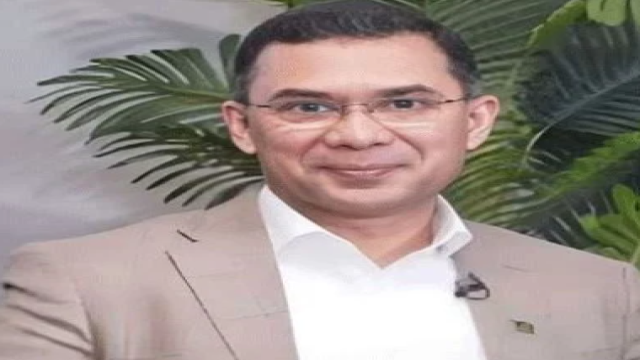
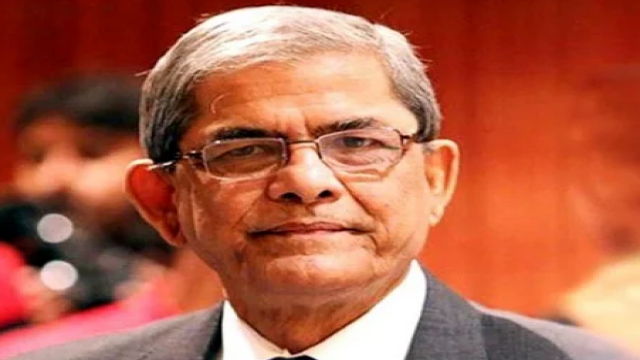
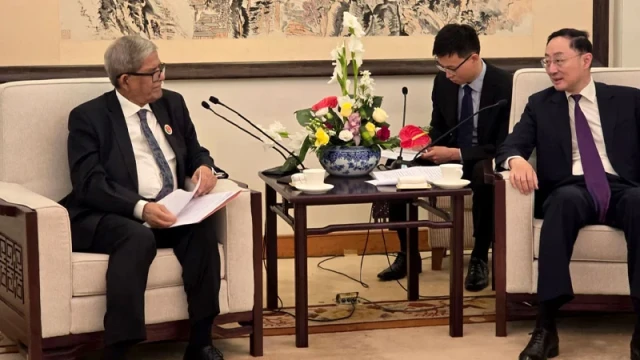

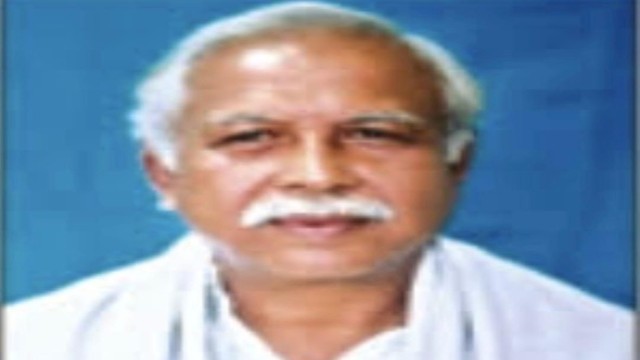


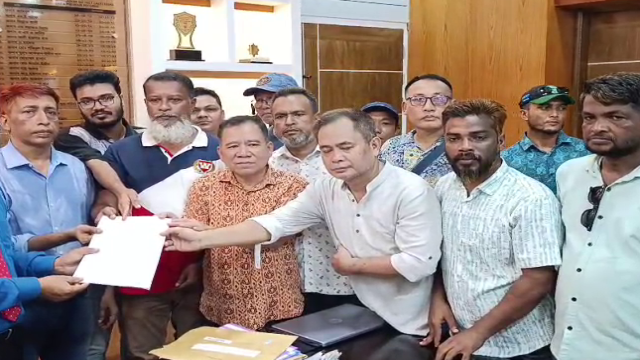
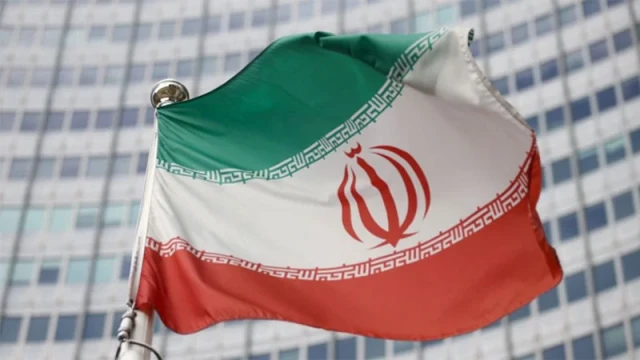
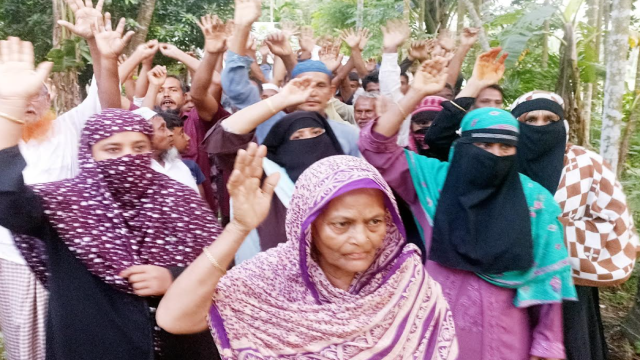



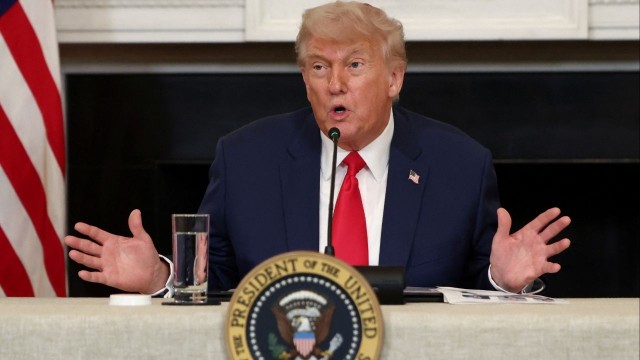
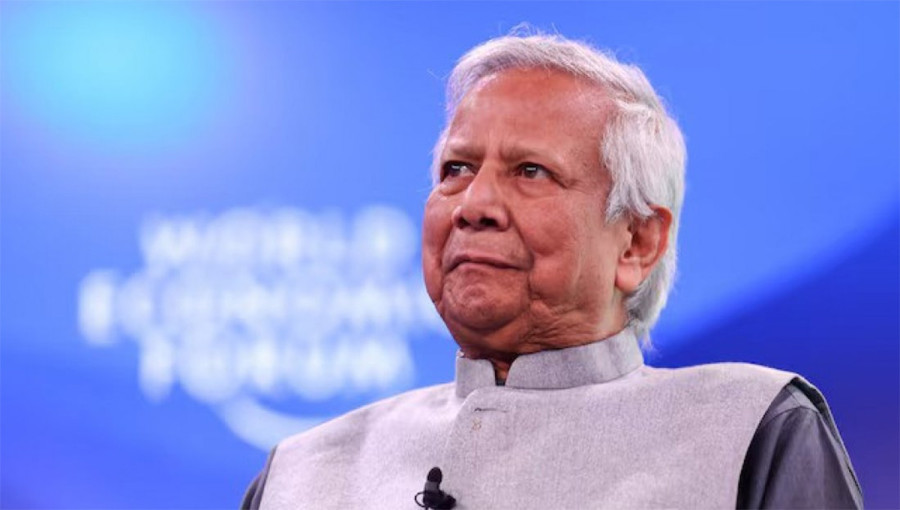
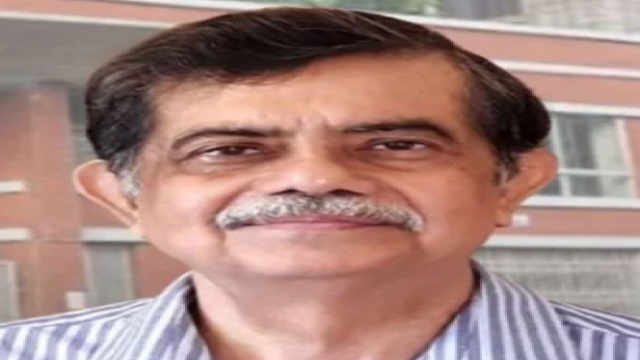


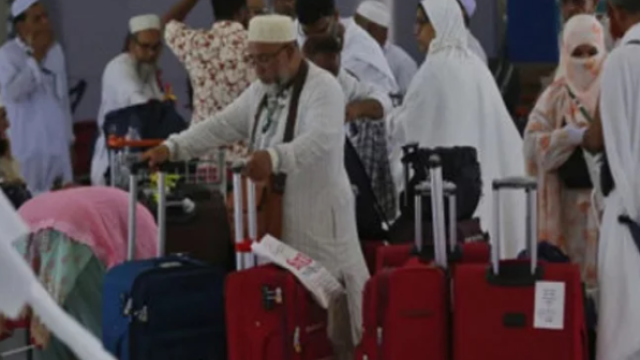
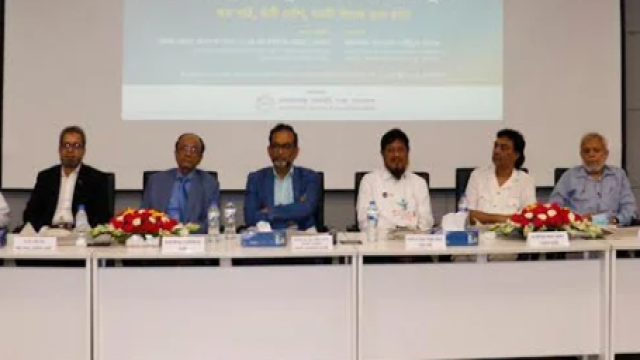

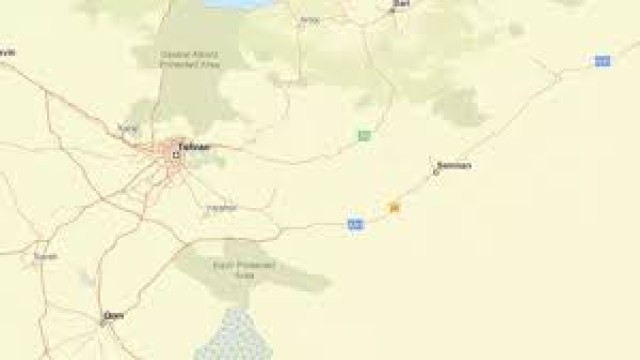

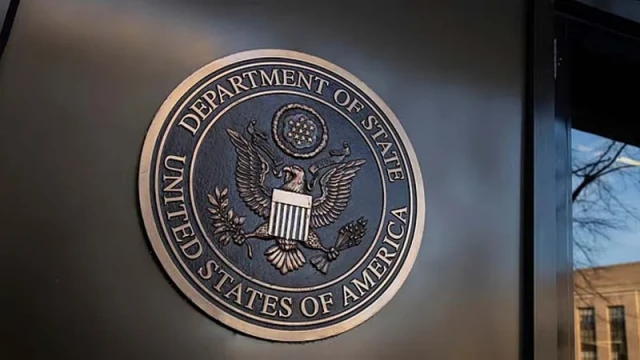




Comment: